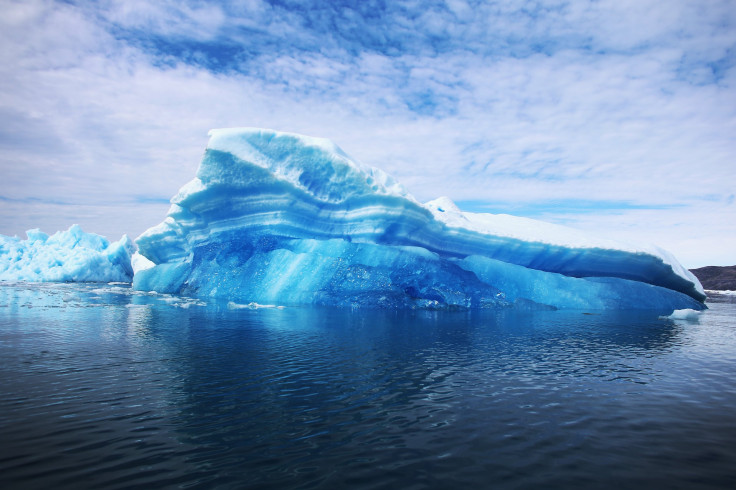These Cities May Be At Risk Of Drowning Due To Global Warming, According To NASA

While the effects of melting glaciers on Earth's sea levels have been widely cited, NASA concluded Wednesday that areas around the globe will all be affected differently due to varying climates and conditions. If all of Earth's glaciers melted, sea levels will reportedly rise around 70 meters, but coastal cities may be in deeper waters, according to the NASA research.
Eric Larour, Erik Ivins and Surendra Adhikari of NASA’s Jet Propulsion Laboratory created a tool which compared nearly 300 coastal cities around the globe and concluded how the effects of certain glaciers will affect surrounding sea levels. The primary glaciers on NASA's radar are located near Greenland and Antartica -which hold the majority of Earth's freshwater.
NASA included cities such as Los Angeles, New York, London and Hong Kong within their research and each city showed various effects by different glaciers at different levels. The glaciers studied were Petermann Glacier, Helheim Glacier, North-East Greenland Ice Stream and Jakobshavn Glacier.
New York, for example, will experience more change as a result of the North-East Greenland Ice Stream than any of the other glaciers studied. A 2.83-inch difference in sea level surrounding New York could occur over the 200-year period, the study found. The city likely to be most affected by rising sea levels was Rio de Janeiro with an expected 5.1-inch increase.
Sydney, meanwhile, may be "strongly affected" by diminishing glaciers on the Antarctic Peninsula.
Though the rise of sea levels is a relevant issue, melting glaciers could also result in a decrease of sea levels. The city that would likely see the greatest impact from decreasing sea levels was Ellesmere, a small town in England. Ellesmere could experience a 37.2-inch decrease of surrounding sea levels if the Petermann Glacier collapsed.
With this new study, scientists are able to see in greater detail the effects of global warming. This particular study, however, did not take into account other factors that could affect sea levels. Nonetheless, this new research provided new methods of sea level projections.
“The authors of this study have developed a tool to determine the sensitivity of sea level rise at specific coastal sites to melting from different sectors of the Greenland and Antarctic ice sheets,” said Natalya Gomez, a geoscientist at McGill University in Canada who studies sea level rise, in a Washington Post report Wednesday. “This tool will help to provide coastal planners with improved sea level projections as models and measurements of ice loss are refined.”
In August 2016, Earth & Space Science News offered extensive research that large coastal cities sink faster than oceans can rise.
© Copyright IBTimes 2024. All rights reserved.





















